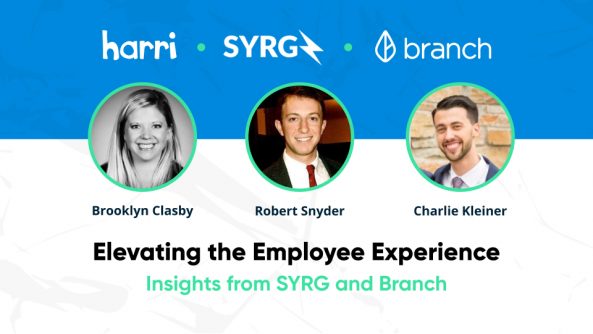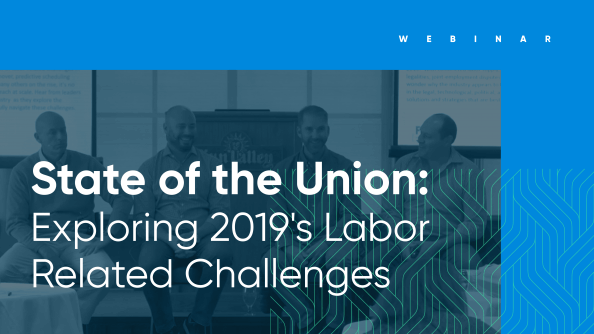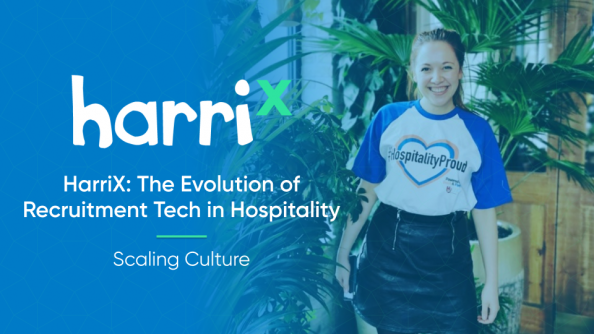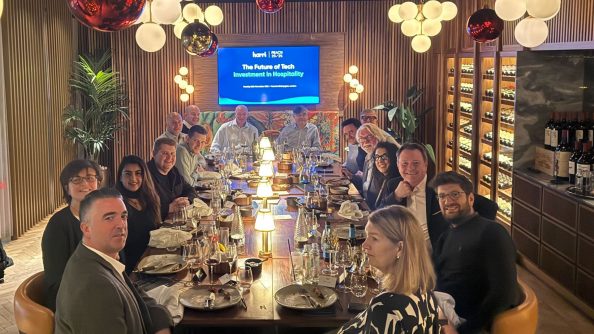HarriX Webinar | Humanising Internal and External Communications
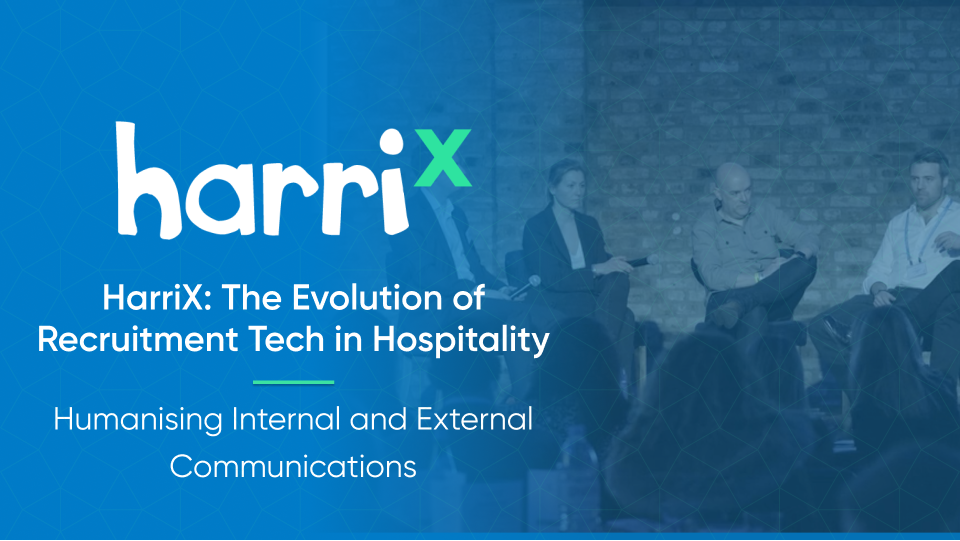
- By Harri Insider Team | May 25, 2021
Welcome to HarriX, an event hosted to discuss the evolution of recruitment technology in hospitality, predictions in recruitment tech trends, and the importance of the human element involved in hiring.
In this session, we met with Pete Fullard, CEO of Upskill People, Adam Rowledge, Managing Director of Rowledge Associates Ltd, Isabelle Hund, Head of Talent Acquisition at Costa Coffee, Chris Fletcher, Consultant at Pie Minister, and James Herbert, CEO of Hastee. The panelists discuss the relationship between tech consumerisation and successful technology adoption, as well as how chatbots will lead the next wave of recruitment technology in hospitality.
Adam kicked off the webinar urging operators to continuously evaluate their tech stack against other offerings on the market. Digitalisation should be a constant process that grows with your business, “review what you put in place. You might have put in a great piece of tech 3 years ago, but is it still delivering what we want it to deliver? Don’t just have technology for the sake of having technology.
Technology enables employees to perform their jobs to the best of their ability, including tasks that cannot be automated. Implementing technology as a strategic partner to enrich initiatives, rather than replace, is critical — and a key theme throughout the panel.
Strong communications that utilise “new school” and “old school” methods are key for growing hospitality brands.
James discussed how communication is a critical component to hospitality operations, “hospitality is all about human-to-human contact. If you can use technology to enhance that, it’ll be really effective. It’s a productive, efficient value add both custom-facing and internally.”
According to Isabelle, chatbots are extremely beneficial for internal and external communications when deployed correctly, “If you set up communications channels in the right pathways, you can help people have a voice. Internally we use them for directing people to find a job, who to speak to, and more. Chatbots are enabling us to have engagements without losing candidates externally.”
And because chatbots are not meant to replace employees, the human element that’s necessary for meaningful communications is never lost.
But the usefulness of chatbots and conversational AI extends far beyond user interactions. All chatbot data is logged and can be leveraged to constantly evolve. Costa Coffee uses it to create FAQs of frequently asked questions, and that can be utilised during the pre-hiring stages as well.
Successful tech implementation requires consumerisation
Just as you would adapt product offerings or an in-store experience based on supply and demand, tech capabilities must be considered the same way. Chris points out that this is especially true when hiring the next, younger generation of workers, “the kids want something different. They’re not learning the way we learn. They want video, they want technology. That’s where we’ll end up in 5-10 years.”
James agreed, noting that the key to successful technology isn’t just a successful rollout; it also must be easily adoptable, “it must be akin to the technology they use in their personal lives.”
What hospitality tech adoption should look like
Anyone familiar with an unsuccessful tech implementation knows that it’s a huge waste of time, money, and morale. Cross-functional buy-in is necessary to ensure truly effective tech solutions, “there’s plenty of terrible apps out there. The biggest thing is to learn. Get tech in the hands of people, get the feedback, get the data, and learn fast.”
What is your C-level team trying to get out of technology? What are managers and service-level employees looking to get out of it? How can technology benefit all groups? Align your incentives across the board, “focus on the user rather than the produce,” and it’ll be easier to find a platform that works for your business.
Technology is a necessary tool to fill gaps in existing processes, as noted by Chris. But he and the panelists also emphasised the need to avoid dehumanising internal and external initiatives. To that end, technology should be a tool to empower teams, not replace them.












